How You Can Help Your Bladder

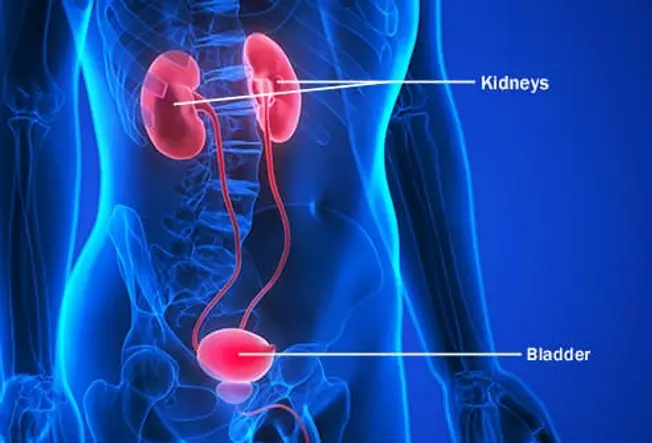
What Does It Do?
Your bladder holds urine until you find the right time and place to get rid of it. The pee flows there from your kidneys, which filter waste and harmful chemicals from your blood and turn them into urine.
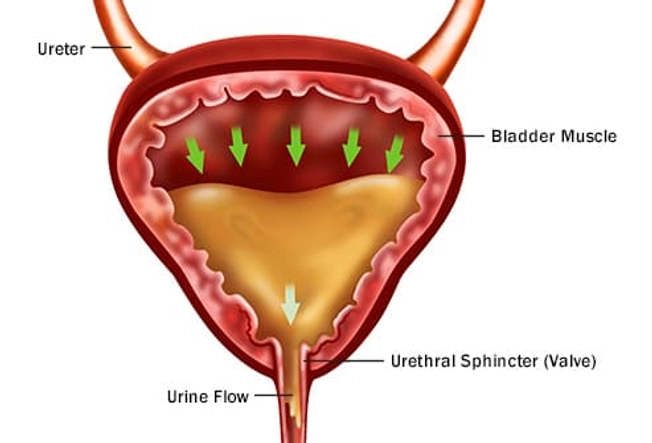
How Does It Work?
Your bladder can hold about 4 cups of pee. When it’s full, nerve endings there send signals to your brain. When you’re ready to go, the bladder walls tighten and a valve-like muscle opens to let the liquid out.
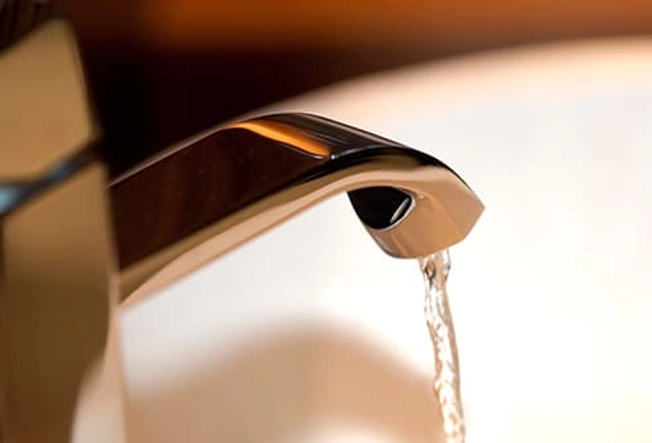
Problem: Urinary Incontinence
This is when you pee when you don’t want to. It may happen when you cough or laugh, or you may just feel a sudden, strong urge to go. Some things you eat or drink can cause it, as can constipation, pregnancy, or childbirth. A health problem like an infection or enlarged prostate can, too. Depending on what’s behind it, it might go away on its own. If it doesn’t, your doctor might suggest changes to your diet, specific exercises, medication, special devices, or surgery.
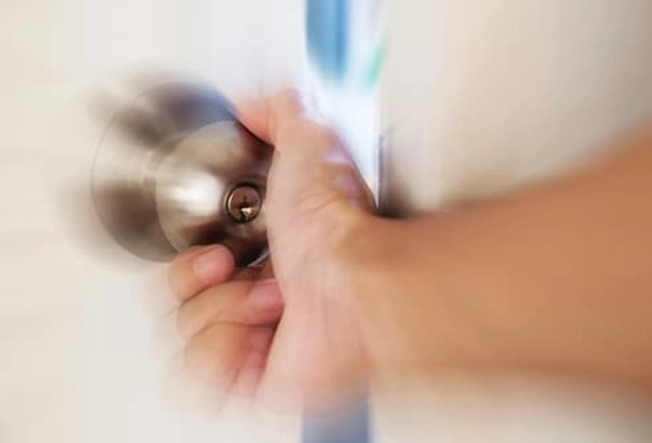
Problem: Overactive Bladder
The urge to pee usually comes on gradually, as your bladder fills. With this condition, the muscles of your bladder start to tense before they should, and that leads to a sudden need to go. The feeling can be so strong that you pee when you don’t want to. It can wake you up two or more times during the night or make you have to go eight or more times a day. Your doctor may recommend treatments like the ones used for incontinence.
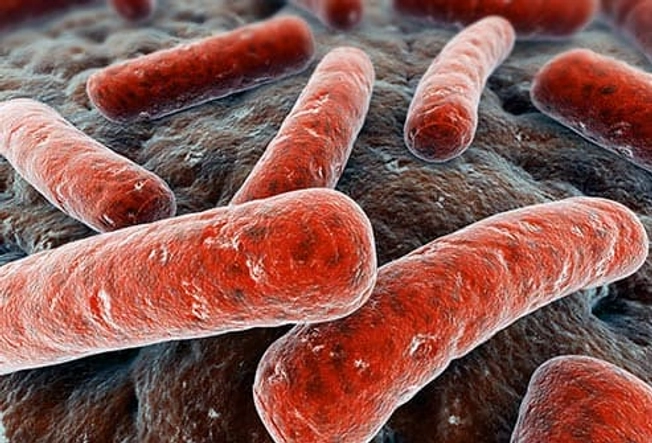
Problem: Urinary Tract Infection (UTI)
Your urinary tract includes your bladder, kidneys, the tubes that connect them (ureters), and the tube that leads pee outside your body (urethra). Bacteria can get in through your urethra and infect your urinary tract. This can make your bladder inflamed and swollen, and it can hurt to pee. If you don’t have any other health problems, antibiotics usually can clear up a UTI in a few days.
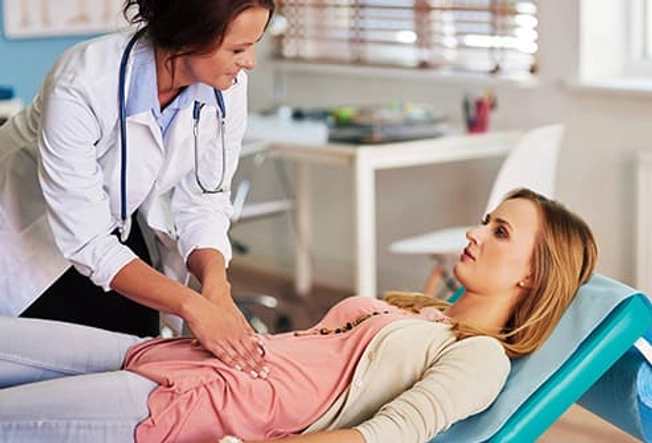
Problem: Cystitis
This is when something inflames your bladder or other parts of your urinary tract. It’s usually caused by a UTI, but another illness or certain drugs can bring it on, too. In women, topical creams, sprays, or other products can cause it as well. Antibiotics can treat cystitis caused by an infection. In other cases, your doctor might recommend medication; stretching your bladder with water, gas, or surgery; or using electrical pulses to ease pain.
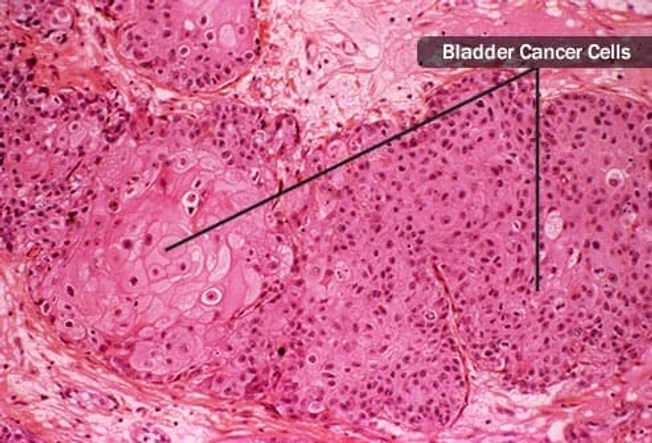
Problem: Bladder Cancer
This starts when certain cells in the bladder grow out of control and form a tumor. Your doctor may suggest surgery to take out as much of the cancer as possible, followed by chemotherapy or radiation to kill any harmful cells that might still be there. Sometimes the entire bladder is taken out to prevent new cancers later.
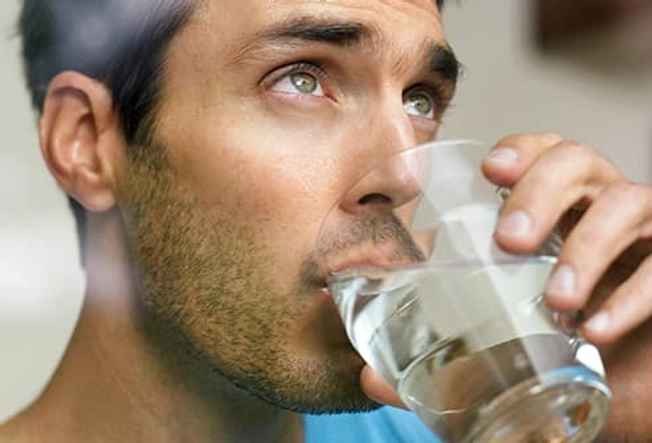
What You Can Do: Drink Plenty of Liquids
It helps clear out harmful things like bacteria and may help prevent bladder cancer by flushing out certain chemicals. And if you don't drink enough, your urine will have less water in it, and that can irritate your bladder. But not all liquids are the same -- caffeine and alcohol can irritate your bladder. Water is always your best bet. Talk to your doctor about how much you should drink each day.
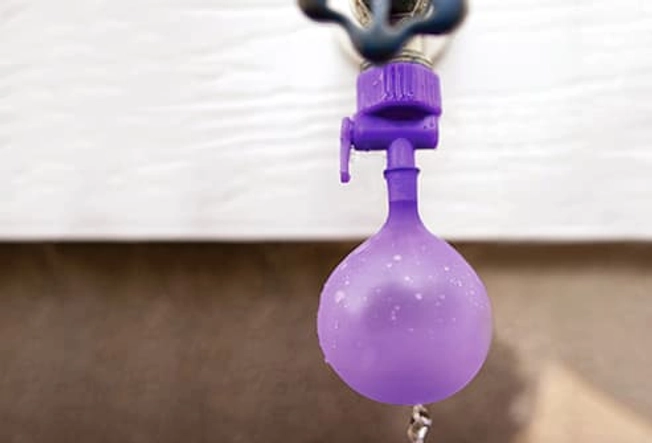
What You Can Do: Don’t Hold It In
When you have to pee, don’t put it off. Do it as soon as you feel the urge. Holding it too long can weaken your bladder muscles. And take your time to make sure you get all the urine out of your bladder. You’re more likely to get an infection if you don’t empty it completely.
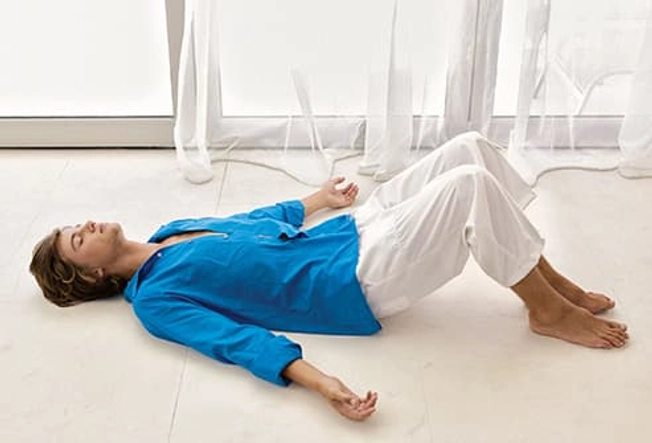
What You Can Do: Pelvic Floor Exercises
Your pelvic floor goes from your genital area to the base of your spine. It’s made of muscles that help control your bladder. To make them stronger, pretend you want to stop yourself from going to the bathroom -- you should feel a pull in your genital area and your backside when you squeeze. Try to hold it and build up to 10 seconds, or do 8 to 10 quick squeezes. Over time, this may help keep those muscles working like they should.
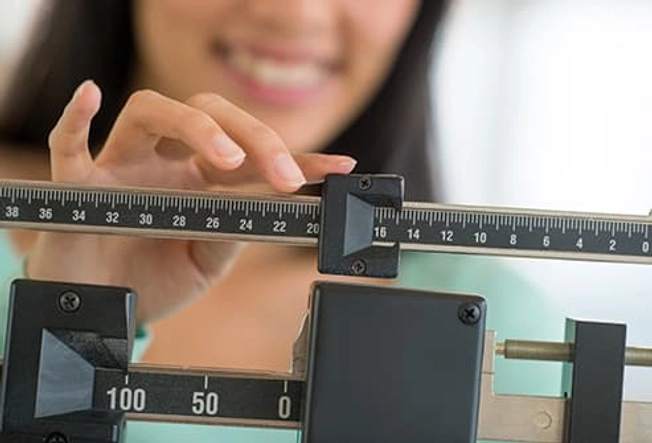
What You Can Do: Watch Your Weight
You’re more likely to have problems with your bladder if you’re overweight. Too much body fat can strain your pelvic floor and make you pee when you don’t want to. It also can put pressure on the pelvic nerves, which makes you feel like you have to go sooner than you really do. Losing weight can ease the pressure on both.
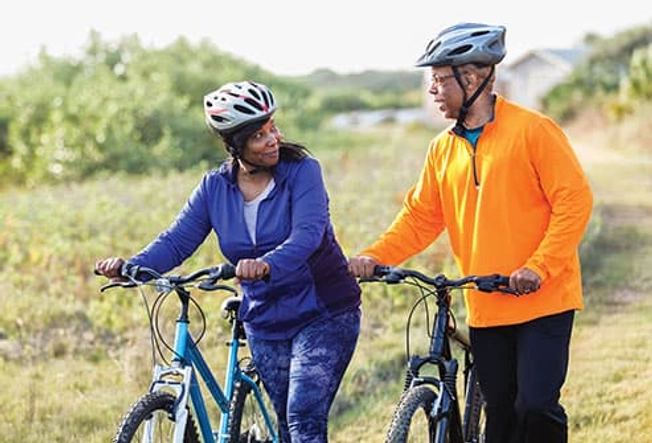
What You Can Do: Exercise
Staying active can make you less likely to get conditions like diabetes, which can cause many bladder problems. It also can help keep you at a healthy weight and help you stay regular and avoid constipation, which can crowd your bladder and cause issues.
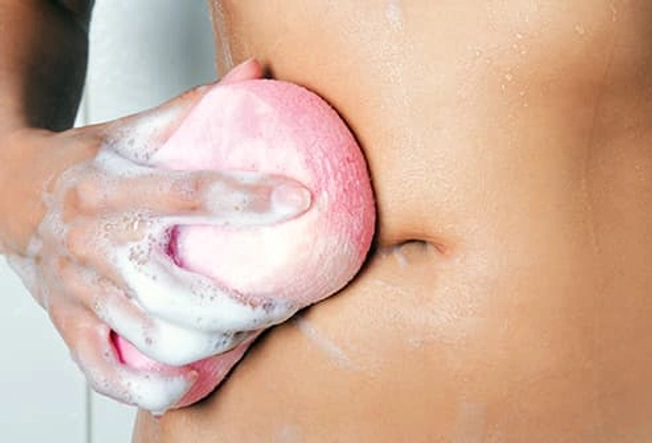
What You Can Do: Clean Carefully
After you poop, be sure to wipe from front to back so bacteria doesn’t get near your genitals. When you wash, be gentle and don’t use harsh soaps that can damage the sensitive skin in the area and let bacteria in. And a shower can be better than a bath. Sitting in bathwater can let bacteria and other irritants get inside your urinary tract.
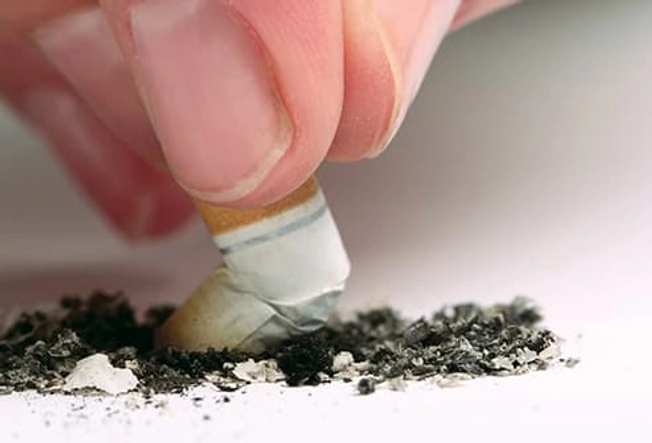
What You Can Do: Don’t Smoke
It can cause bladder cancer. Half of all people who get the disease are smokers. It also can lead to incontinence because it can make you cough, which strains your pelvic floor. And nicotine -- a chemical in tobacco -- may make your bladder muscle tense up, which makes you need to pee more.
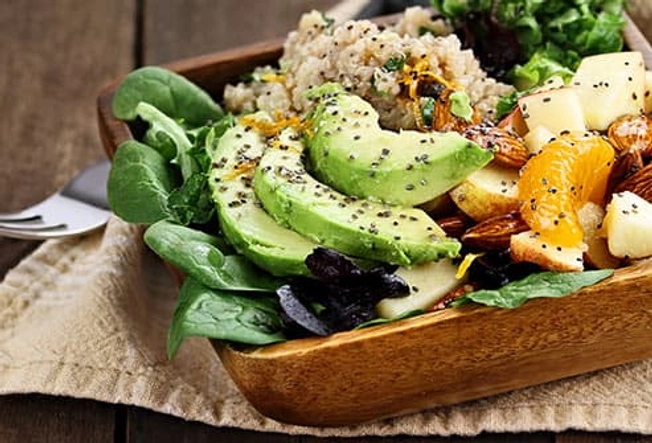
What You Can Do: Eat a Healthy Diet
A balanced diet with vegetables, fruits, and whole grains can keep you from gaining extra weight that can cause incontinence or an overactive bladder. And it’s especially important to get enough fiber so you don’t get constipated.